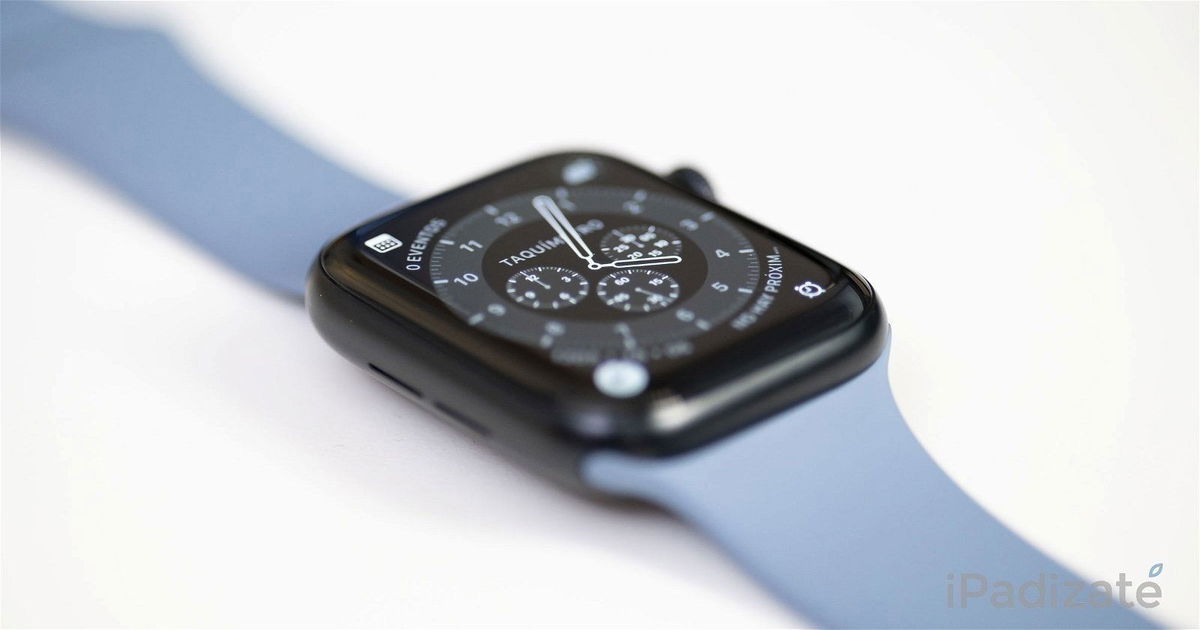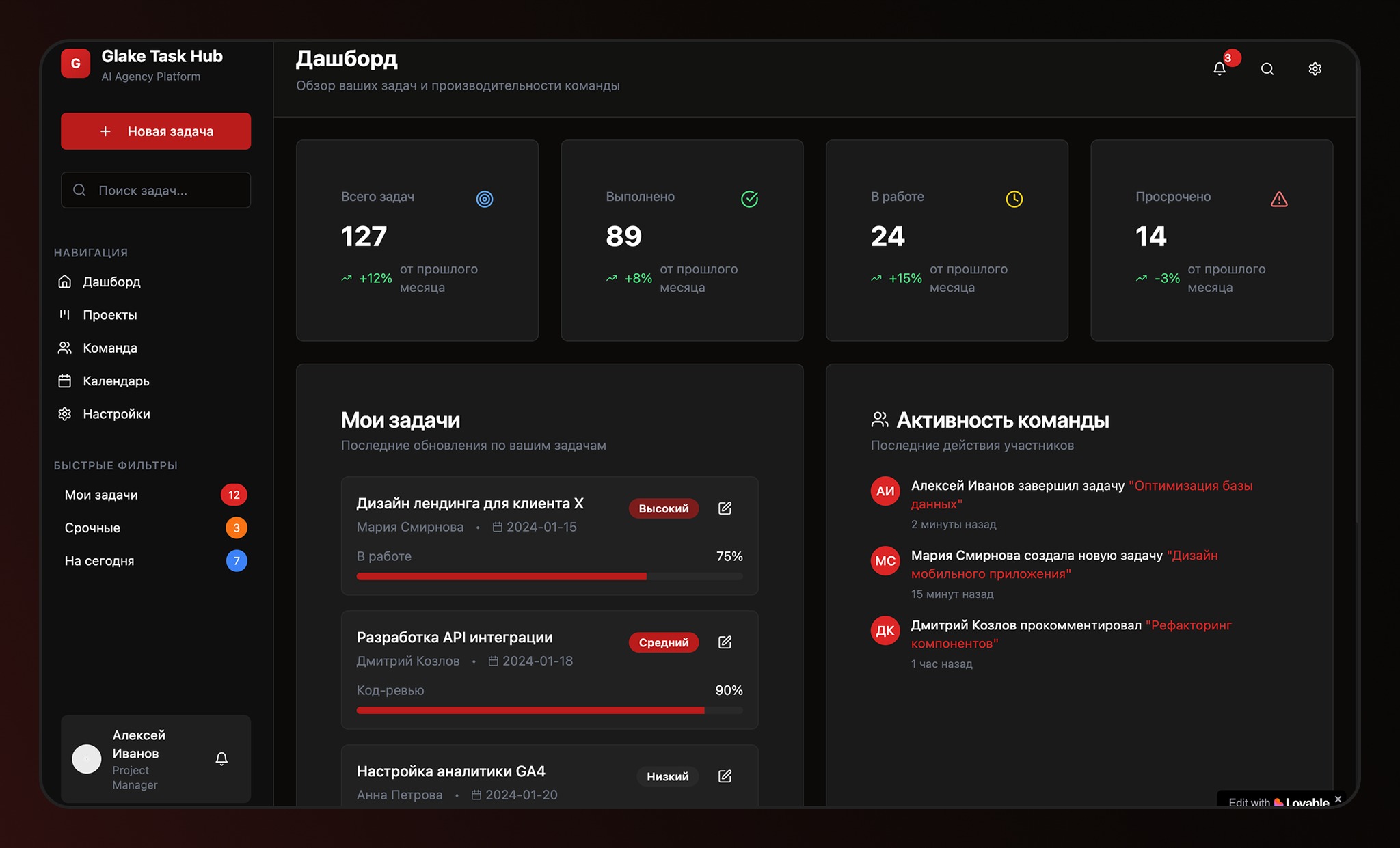OpenAI, creator of the popular artificial intelligence (AI) chatbot. ChatGPTshut down a tool designed to detect content created by artificial intelligence, not humans. The tool, dubbed the AI Classifier, was shut down just six months after its release due to its “low accuracy,” according to OpenAI.
As the popularity of ChatGPT and competing services has skyrocketed, there has been a concerted outcry from various groups concerned about the implications of the uncontrolled use of AI. First, educators were particularly concerned that students might use ChatGPT to write their own essays and assignments and then pass them off as their own.
The OpenAI AI classifier was an attempt to allay the fears of these and other groups. The idea was that it could determine whether a text was written by a human or an AI chatbot, giving people a tool to fairly evaluate students and fight misinformation.
However, even from the very beginning, OpenAI did not seem to have much confidence in its tool. In a blog post announcing the tool, OpenAI stated that “our classifier is not entirely reliable”, noting that it correctly identified AI-written texts from a “task set” only 26% of the time.
The decision to retire the tool did not cause much hype, and OpenAI did not publish a dedicated post on its website. Instead, the company updated the post disclosing the AI classifier, stating that “the AI classifier is no longer available due to its low accuracy.”
The update continued: “We are working on taking feedback into account and are currently exploring better methods for originating text, and are committed to developing and implementing mechanisms that will allow users to understand whether audio or visual content is AI generated.”
Need better tools
AI Classifier is not the only tool designed to discover AI-generated content, as there are and will continue to be competitors such as GPTZero despite the OpenAI solution.
Previous attempts to identify AI writing have failed. For example, in May 2023, a professor mistakenly flunked his entire class after using ChatGPT to detect plagiarism in his students’ work. Needless to say, ChatGPT screwed this up a lot, and so did the professor.
It is worrying that even OpenAI admits that it cannot adequately handle plagiarism generated by its own chatbot. It comes at a time of growing concern over the disruptive potential of AI chatbots and calls for a temporary halt in development in the field. If AI has such a strong impact, as some people predict, the world will need more powerful tools than the failed OpenAI AI classifier.
Source: Digital Trends
I am Garth Carter and I work at Gadget Onus. I have specialized in writing for the Hot News section, focusing on topics that are trending and highly relevant to readers. My passion is to present news stories accurately, in an engaging manner that captures the attention of my audience.










